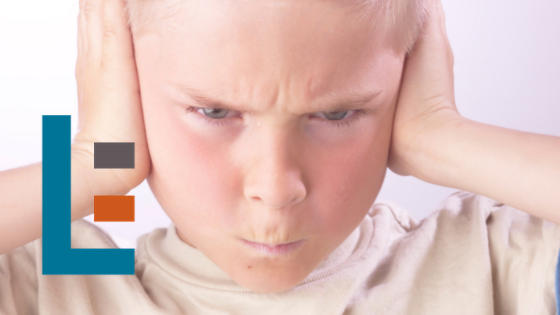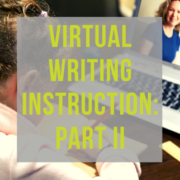The somewhat recent educational philosophy of accountable talk is rooted in the idea that, through discussion, students practice accountability for their learning and their contributions to others’ learning through discourse. To simplify, the word accountable means, “required or expected to justify actions or decisions; responsible.” Therefore, when students are using accountable talk in the classroom, they are maintaining responsibility for accurate, verifiable evidence, support, or reasoning, and are expanding their own thinking through rigor and collaboration.
Since this strategy is shown to boost engagement, communication skills, and cooperative learning, why not utilize the same philosophies to support behavioral modifications? The idea translates quite simply—if students are able to practice accountable talk regarding academic content, try applying those skills to discussions involving behavioral issues.
|
Accountable Talk
Standard/Expectation
|
For Instruction,
accountable talk requires that students:
|
For Behaviors,
accountable talk requires that students:
|
|
Listening
|
- Practicing active/attentive listening
- Be able to summarize what another student said
- Be capable of building upon a peer’s thoughts by adding their own considerations
|
- Turn and face the peer or adult who is speaking to them; this demonstrates respect and builds positive communication skills
- Maintain eye contact; avoid straying, daydreaming, and eye-rolling
- Nod when in agreement to show that they are engaged and/or are aware of the other speaker’s position and opinion
|
|
Knowledgeable
|
- Be able to defend their position, opinion, stance, etc. with evidence or support
- Make connections between prior knowledge, other content areas, or a peer’s comment to establish relevance
- Be able to verify one’s point if challenged or questioned
- Unpack their position with details and analysis of how they arrived at such a conclusion
|
- Explain why they made the choice that they did; discuss their thought process for acting or speaking the way that they did in class
- Be able to recap or summarize the events prior to the incident or observed behavior
- Examine the cause and effect relationship between triggers and decisions or responses
|
|
Reflective
|
- Have opportunities to consider another’s perspective
- Be provided with wait-time, as to ensure that thoughts are processed and responses are worded precisely
- Consider how they might approach the task, challenge, or problem differently if given another opportunity or different circumstances
|
- Think carefully before speaking
- Consider the other person’s feelings or reactions to the incident
- Connect this experience to something they have encountered previously
- Brainstorm and discuss how this problem, quarrel, or conflict could be ironed out in more productive ways next time
- Take responsibility for their actions and consider solutions for moving forward or making amends
|
Again, the same principles and benefits that accompany accountable talk practices for critical thinking and rigor during instruction can prove to be just as beneficial for addressing behavior concerns. The more opportunities that students get to practice accountability, whether with regard to academic content, or their own behavioral impulses, the more responsible students will become. Through accountable talk, they must not only listen to others to develop communications skills, broaden their knowledge, and expand on the ability to reflect, but also they must gain a sense of ownership in what they say and how they say it.






